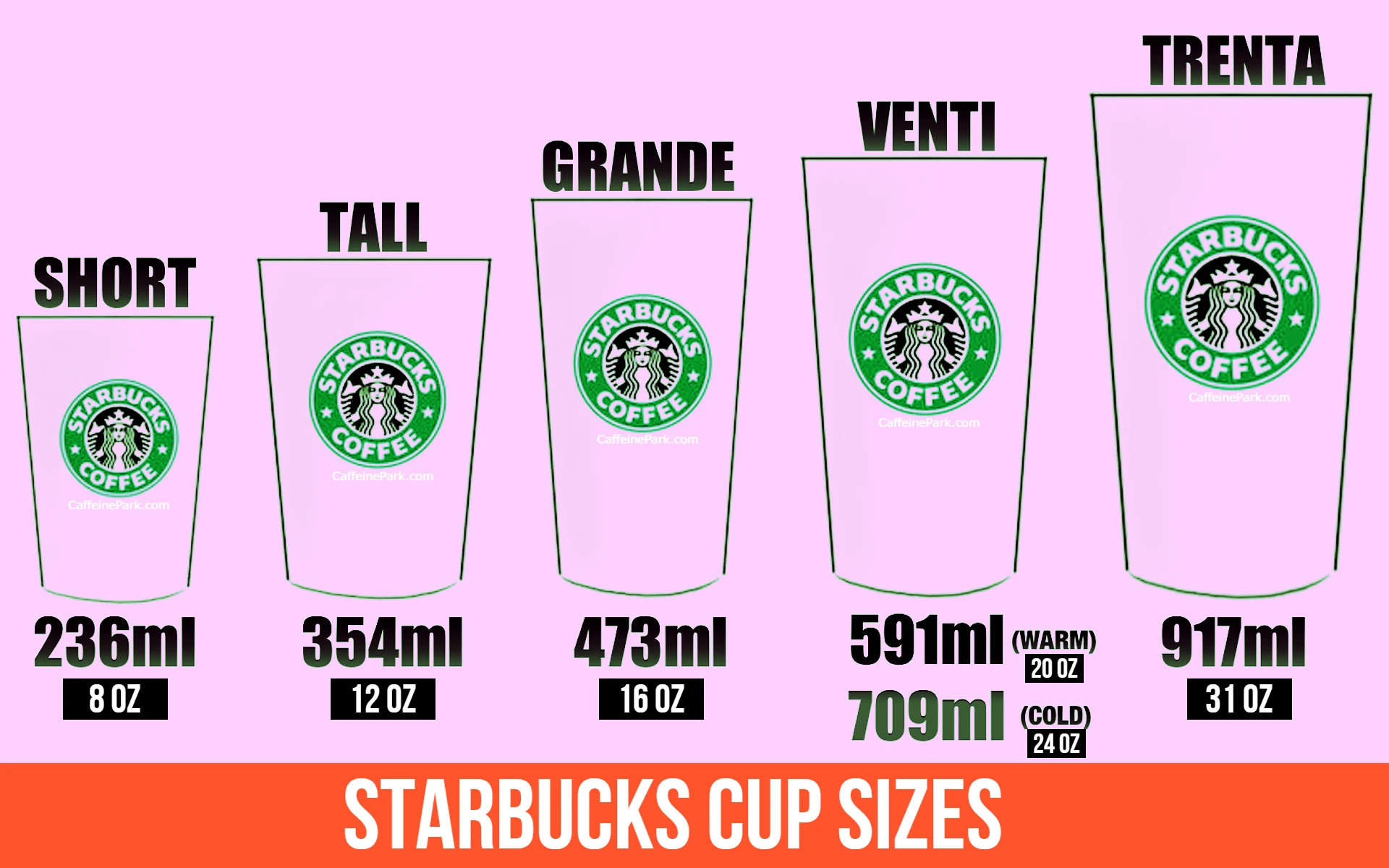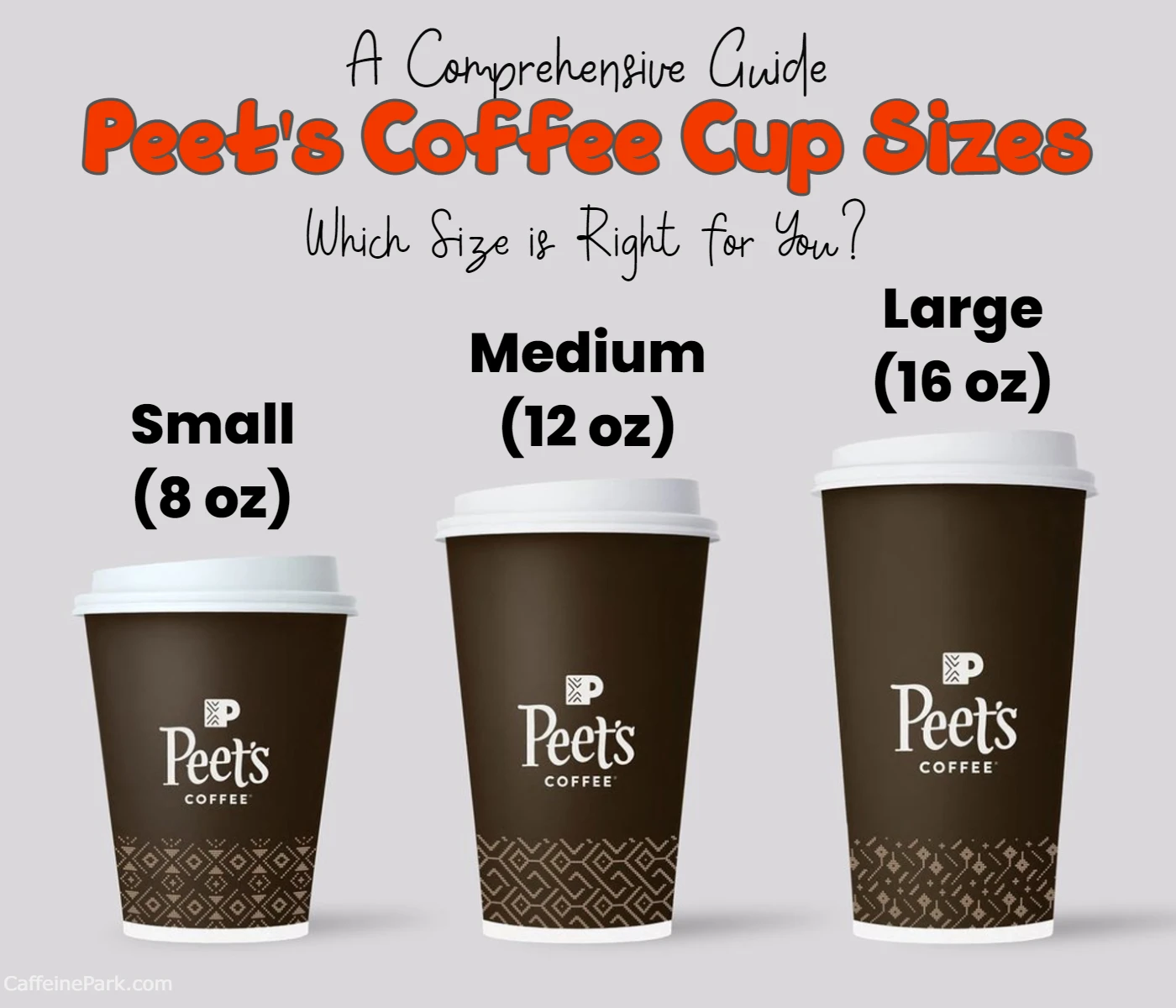Coffee After Eating Food
Should You Drink Coffee After Eating Food? Exploring the Effects on Digestion

Ah, the aroma of freshly brewed coffee fills the air, tantalizing our senses and awakening our spirits. It’s a ritual many of us cherish, especially when accompanied by a delicious meal. But have you ever wondered if it’s okay to indulge in a cup of coffee right after eating? Does it interfere with digestion or leave you feeling uneasy? Today, we’ll explore the topic and shed some light on whether it’s safe to enjoy that cup of joe after a satisfying meal.
We all know that coffee contains caffeine, a natural stimulant that gives us that much-needed energy boost. However, caffeine can also have an impact on our digestive system. It has the potential to stimulate the production of gastric acid, which plays a crucial role in breaking down food. Some individuals might experience discomforts, such as heartburn or acid reflux when consuming coffee on an empty stomach or immediately after a meal. But don’t worry, the effects can vary from person to person, and not everyone may experience these symptoms.
To make an informed decision, it’s essential to consider your own sensitivities and tolerances. If you’re prone to acid reflux or have a history of stomach issues, it might be wise to avoid drinking coffee right after a meal. On the other hand, if you have a robust digestive system and haven’t experienced any problems in the past, savoring a cup of coffee after your food might not pose a problem. Remember, everyone’s body is different, so it’s important to listen to your own signals and adjust accordingly.
The Digestive Process: A Brief Overview
Before we delve into the specifics, let’s take a moment to understand the basics of digestion. When we eat food, it goes through a complex process in our bodies to break down nutrients and extract energy. The digestive system consists of several organs, including the mouth, esophagus, stomach, small intestine, and large intestine. Each plays a crucial role in the digestion and absorption of nutrients.
Digestion begins in the mouth, where food is mechanically broken down by chewing and mixed with saliva. It then travels down the esophagus and into the stomach. In the stomach, food is further broken down by stomach acid and digestive enzymes. From there, it enters the small intestine, where the majority of nutrient absorption occurs. Finally, any remaining waste moves into the large intestine and eventually gets eliminated from the body.
Now that we have a basic understanding of the digestive process, let’s explore the impact of coffee on digestion and whether it’s advisable to consume it after a meal.
The Coffee and Digestion Connection
Coffee is a popular beverage enjoyed by millions worldwide. It contains caffeine, a stimulant that can provide a temporary energy boost and increase alertness. However, caffeine is also known to have certain effects on the digestive system.
Stimulation of Gastric Acid Secretion
One of the primary concerns about drinking coffee after a meal is its potential to stimulate gastric acid secretion. Gastric acid plays a vital role in the digestion of food, particularly proteins. It helps break down proteins into smaller molecules, making them easier to absorb. However, excessive gastric acid production can lead to discomforts, such as heartburn or acid reflux.
Coffee contains compounds that may trigger the release of gastric acid in some individuals. For people who are prone to acid-related digestive issues, consuming coffee on an empty stomach can be particularly problematic. However, the effects of coffee on gastric acid secretion may vary from person to person. Some individuals may not experience any adverse effects, while others might be more sensitive to the stimulating properties of coffee.
Slowed Nutrient Absorption
Another concern related to drinking coffee after a meal is its potential to slow down nutrient absorption. The small intestine is responsible for absorbing most of the nutrients from the food we consume. However, certain components in coffee, such as polyphenols, may inhibit the absorption of iron and other minerals.
Iron is an essential mineral involved in the transport of oxygen throughout the body. If coffee consumption interferes with iron absorption, it could potentially lead to iron deficiency over time, especially for individuals who rely on plant-based sources of iron or those with pre-existing iron deficiency.
It’s worth noting that the inhibitory effects of coffee on iron absorption are generally mild and may not pose a significant concern for individuals with a balanced diet. However, if you have a known iron deficiency or rely heavily on plant-based iron sources, it might be wise to separate your coffee consumption from meals to maximize iron absorption.
Individual Sensitivities and Tolerances
It’s important to remember that everyone’s digestive system is unique. What works for one person may not work for another. Some individuals may experience discomfort or digestive issues when consuming coffee after a meal, while others may have no problems at all.
If you’re someone who is prone to acid reflux, heartburn, or stomach ulcers, it might be wise to limit or avoid drinking coffee immediately after eating. The stimulating effects of coffee on gastric acid secretion can exacerbate these conditions and lead to discomfort. However, if you have a robust digestive system and don’t experience any adverse effects, enjoying a cup of coffee after a meal may not pose a problem.
Consider Your Meal Composition
The composition of your meal can also influence the impact of coffee on digestion. If you’ve consumed a heavy, fatty meal, adding coffee to the mix may further delay gastric emptying. This can result in a feeling of fullness, bloating, or indigestion. On the other hand, if you’ve had a light, well-balanced meal, your body may be able to handle coffee more effectively.
Timing Matters
When it comes to consuming coffee after a meal, timing is key. Waiting for a sufficient amount of time before enjoying your cup of coffee can help minimize potential adverse effects on digestion. It’s generally recommended to wait at least 30 minutes to an hour after eating before consuming coffee. This allows for proper digestion of the meal before introducing coffee’s stimulating properties.
Moderation is Key
As with many things in life, moderation is key. While drinking coffee after a meal may have some potential drawbacks, it doesn’t mean you have to give up this beloved beverage altogether. Enjoying a cup of coffee in moderation and being mindful of your body’s reactions can help strike a balance between indulgence and digestive comfort.
Alternative Options
If you’re concerned about the potential effects of coffee on digestion or have specific digestive sensitivities, there are alternative options to consider. Herbal teas, such as chamomile or peppermint, can be soothing to the digestive system and provide a caffeine-free alternative. Additionally, opting for decaffeinated coffee can help minimize the stimulating effects on gastric acid secretion.
In conclusion, whether you should drink coffee after eating food depends on various factors, including individual sensitivities, meal composition, timing, and moderation. Pay attention to your body’s signals and adjust your coffee consumption accordingly. If you experience discomfort or adverse effects, it might be best to wait sometime after your meal or explore alternative beverage options. As always, consulting with a healthcare professional can provide personalized guidance based on your specific needs and medical history.
Remember, enjoying a cup of coffee should be a pleasurable experience, so find what works best for you and savor the moments of caffeinated bliss!
FAQs
Generally, it is safe to drink coffee after eating food. However, the effects can vary from person to person. Some individuals may experience discomfort, such as heartburn or acid reflux, due to the stimulating properties of coffee on gastric acid secretion. It’s important to consider your own sensitivities and tolerances when deciding whether to have coffee after a meal.
Coffee can potentially interfere with digestion. The caffeine in coffee can stimulate the production of gastric acid, which aids in the breakdown of food. Excessive gastric acid secretion can lead to discomfort and digestive issues. Additionally, certain components in coffee, such as polyphenols, may inhibit the absorption of minerals like iron. However, the effects on digestion can vary among individuals.
It is generally recommended to wait at least 30 minutes to an hour after eating before consuming coffee. This allows for proper digestion of the meal before introducing the stimulating effects of coffee. Waiting for this period of time can help minimize potential adverse effects on digestion.
If you have acid reflux or a history of stomach issues, it may be wise to limit or avoid drinking coffee, especially on an empty stomach or immediately after a meal. The stimulating properties of coffee can exacerbate acid reflux symptoms and lead to discomfort. Consider exploring alternative options like herbal teas or decaffeinated coffee.
If you experience discomfort or adverse effects after drinking coffee after a meal, you may need to adjust your coffee consumption habits. Consider waiting a longer period of time after eating before having coffee. You can also try alternative options like herbal teas or decaffeinated coffee, which have lower levels of caffeine and may be gentler on the digestive system. Consulting with a healthcare professional can provide personalized guidance based on your specific needs.
Read More:





